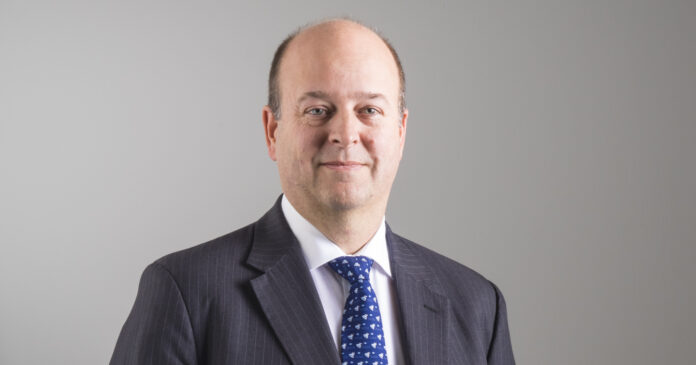
PLATINUM Group Metals (PTM), the Canadian exploration and development firm, is investigating building its own smelting and refining facilities following a breakdown in discussions with Impala Platinum (Implats).
A prefeasibility study on a furnace and converter technology for platinum group metals (PGMs) mined at PTM’s proposed 600,000 ounce a year Waterberg Project will be completed in about a year, said Frank Hallam, CEO of PTM in an interview last week.
Implats owns a 15% stake in Waterberg Project which is located in South Africa’s Limpopo province at the northern part of the Bushveld Complex. The project is especially rich in in-demand palladium. Other project shareholders include JOGMEC (Japan Oil, Gas and Metals National Corp.) which has a 12.95% share, Hanwa Co. (9.75%), and black economic empowerment partner Mnombo Wethu Consultants (26%).
Last year, Implats said it had proposed a delay in the planned commissioning of the Waterberg Project and a smaller-than-scoped mine as conditions for a concentrate processing agreement. By February, however, Implats appeared to have cooled on the project altogether. Its COO Gerard Potgieter said the company “doesn’t think the climate is right to pull the trigger [on the project]”.
“We don’t have a solution to starting the project as yet,” he added.
“We will move forward on our own,” said Hallam. “The joint venture is more than 50% owned by shareholders who want to see the project developed. We don’t begrudge Implats; we would love to have them [actively involved]. But if they don’t want to, that’s also okay.”
In 2020, Implats elected not to exercise an option to take a 50.1% stake in Waterberg Project, saying it preferred to allocate capital to improved dividends. Since then it has unveiled a raft of capital projects including an R8bn strategy to create refining capacity in South Africa through expansion of its Zimbabwe facilities.
Hallam said the capital cost of building processing facilities for the Waterberg Project was a major expense but “not prohibitive’. Faced with options of exporting mineral production for processing or using the facilities of another PGM producer shareholders PTM decided to go it alone.
“All producers talk about building capacity. I think that Sibanye [Stillwater] has capacity. That is all wonderful but nobody is actually offering that,” said Hallam. Implats’ plans to expand refining capacity might be to accommodate potential expansions at Royal Bafokeng Platinum, a firm for which it has launched a takeover.
Hallam added that PTM was also open to the idea of building a smaller miner at Waterberg of perhaps 400,000 oz/year of PGM production.
He also thought there was space in the market for another refiner of PGMs. “I think the market will be volatile but the flipside is where is all the supply going to come from? Electric vehicles adoption will be slower than some enthusiastic people are saying and despite government intentions,” he said.









